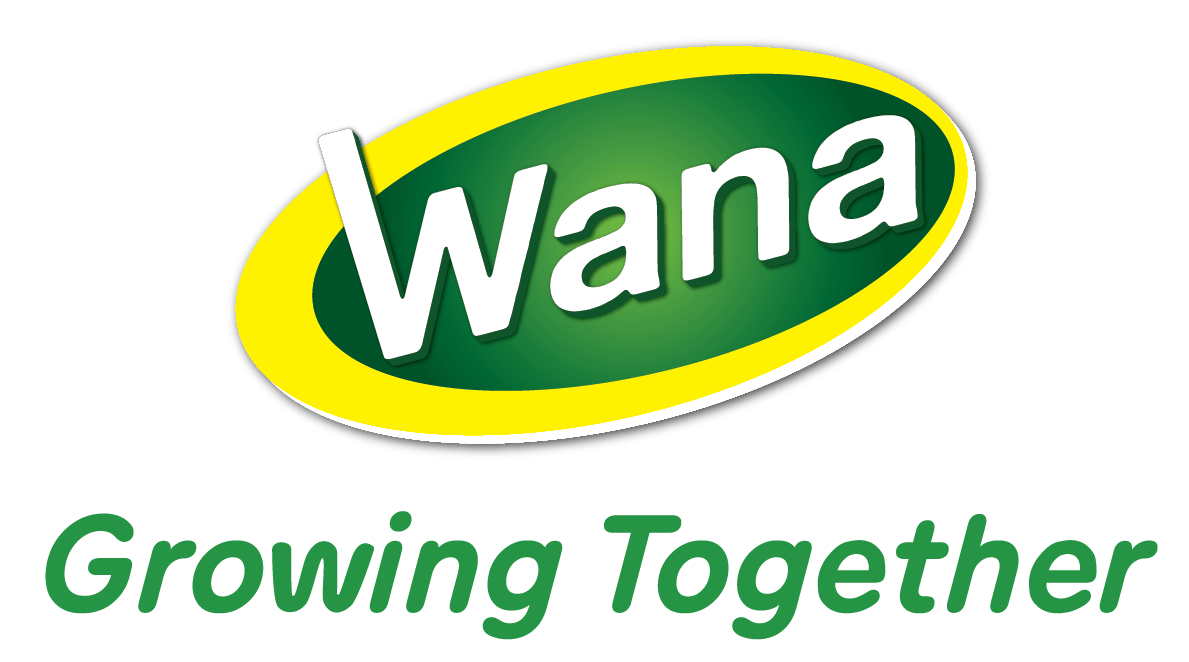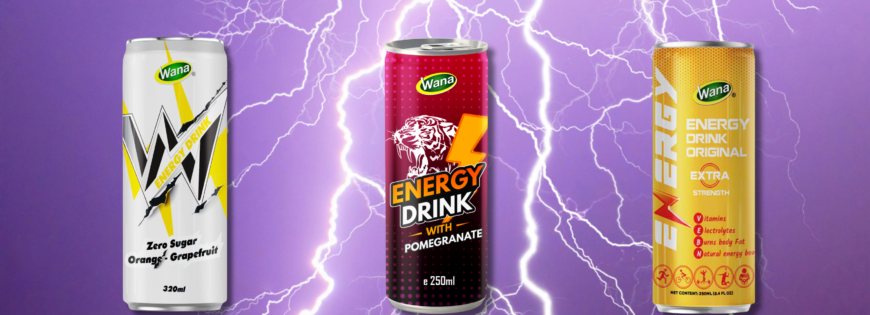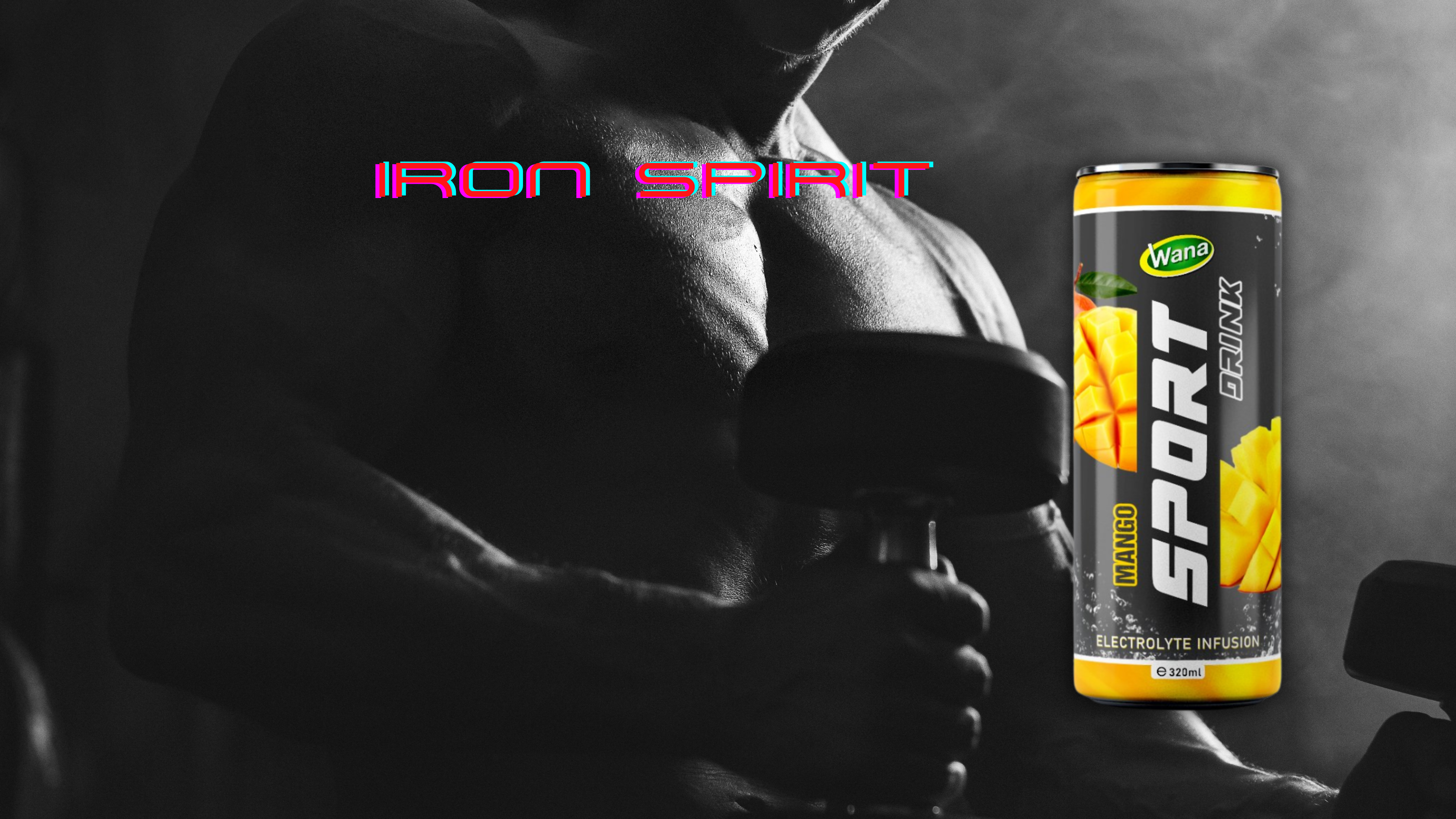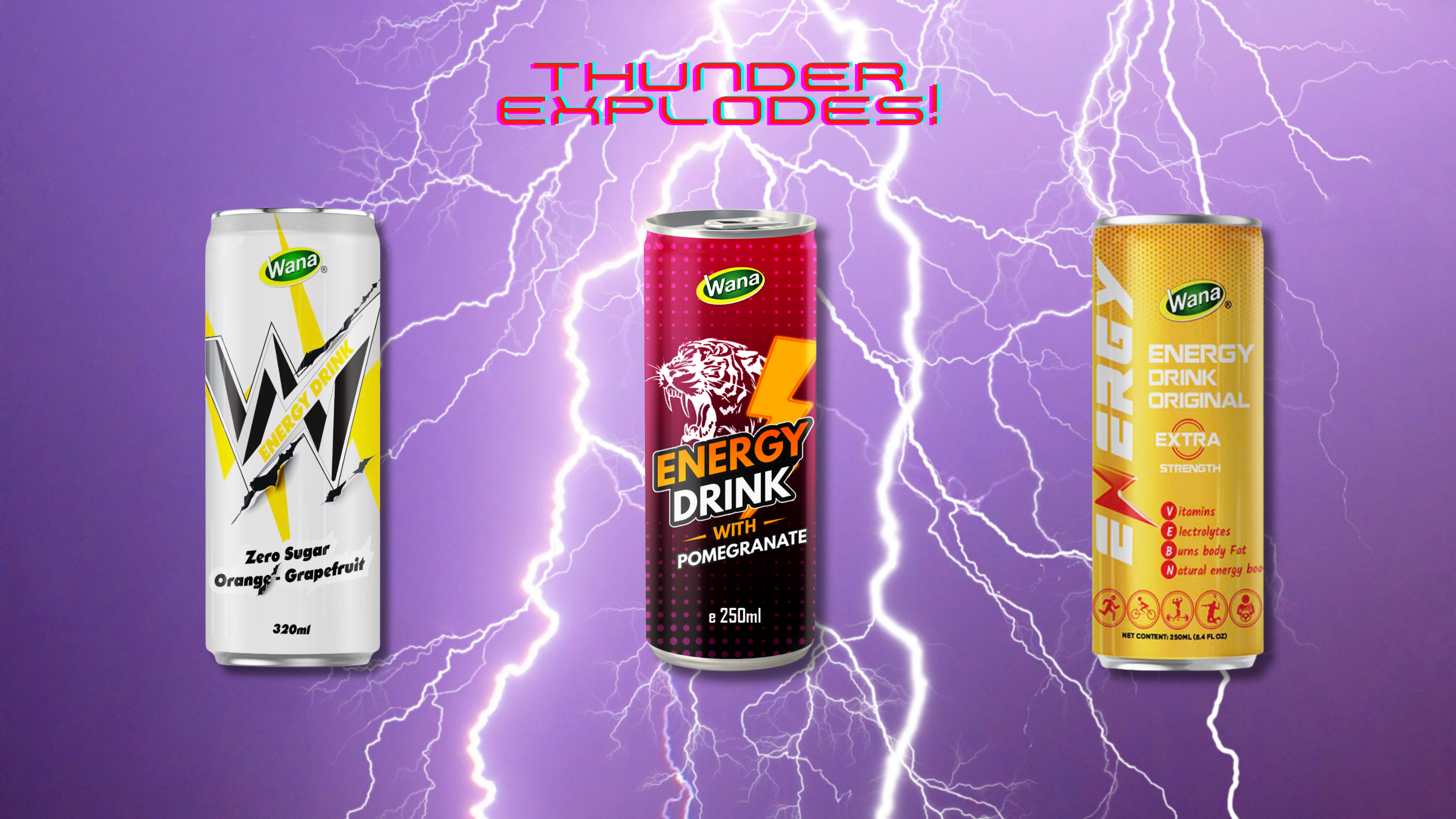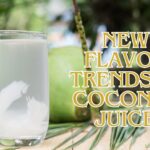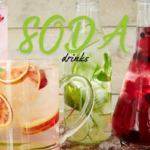In today’s fast-paced world, energy drinks have become a trusted companion for those seeking to stay alert and maximize productivity. This market continues to expand, driving innovation and creativity in manufacturing technology.
The Booming Energy Drink Market
Energy drinks are no longer just for athletes or individuals with demanding jobs—they have become a mainstream consumer trend. According to market reports, the global energy drink industry is experiencing significant growth, with projections reaching billions of dollars in the coming decade. Today’s consumers are more conscious of product ingredients, prioritizing healthier and more beneficial options.
The Secrets to Success in Energy Drink Manufacturing
Emerging Trends
The energy drink market is witnessing major transformations. As consumers become more health-conscious, new products featuring natural, organic, sugar-free formulas with functional ingredients like L-theanine, ginseng, matcha powder, green tea extract, and B-complex vitamins are gaining popularity. Brands are also reducing caffeine content or replacing it with more natural energy sources.
Additionally, energy drinks infused with functional ingredients like collagen (for skin and hair support), adaptogens (to reduce stress), or coconut water (for natural electrolytes) are becoming a dominant trend.
Advanced Manufacturing Technology
Producing energy drinks is more than just blending ingredients. Modern factories implement UHT pasteurization, CO₂ infusion, and advanced bottling technologies to ensure products meet international standards. The use of AI and automation in production enhances quality control, minimizes errors, and ensures food safety.
Some cutting-edge technologies being applied include:
Micro-encapsulation: Protects volatile compounds like caffeine or vitamins, improving absorption.
Natural Sweetening Solutions: Replacing artificial sugars with plant-based alternatives like stevia or monk fruit.
Sustainable Packaging: Utilizing recycled PET bottles and attached caps to reduce plastic waste and promote environmental sustainability.
Differentiation Among Brands
The market is filled with numerous energy drink brands. However, differentiation extends beyond branding—it also involves unique formulations and targeted consumer benefits.
Some brands focus on providing an instant energy boost with high caffeine content, while others prioritize natural energy drinks with minimal negative effects on the body. New brands are also emphasizing organic energy drinks with additional functional benefits, such as stress relief, digestive health improvement, and immune support.
WANA Beverage – A Pioneer in the Industry
Among the leading energy drink manufacturers, WANA Beverage stands out for its diverse product range and exceptional innovation. Beyond traditional energy drinks, WANA Beverage explores groundbreaking solutions such as energy drinks infused with coconut water, providing natural electrolytes without artificial additives.
Additionally, WANA Beverage leads the way in using natural and organic ingredients, developing caffeine-free energy drinks for those who want sustained energy without the “crash” associated with caffeine. The company ensures top-tier production standards, complying with international certifications like FDA, ISO 22000, and HACCP for superior quality and food safety.
Another standout feature of WANA Beverage is its flexibility in product design. The company offers OEM/ODM services for partners looking to create their own brand, providing customized formulations, creative packaging designs, and market-specific adaptations.
Future Strategies in the Energy Drink Industry
Moving forward, the energy drink sector will continue evolving to meet diverse consumer demands. Key trends include:
Personalized Energy Drinks: Products tailored to specific needs, such as enhanced focus, stress relief, or natural nutrient supplementation.
“Clean Label” Products: Minimal ingredients, free from preservatives and artificial additives, with a focus on natural components.
Enhanced Consumer Experience: Innovative packaging designs and technologies like AR/QR codes for easy product traceability and brand interaction.
Functional Nutrition Integration: Drinks that support immunity, brain health, and digestive wellness.
Sustainability Focus: The energy drink industry must address the growing demand for eco-friendly solutions, such as recyclable packaging, reduced carbon emissions, and sustainable ingredient sourcing.
Conclusion
With continuous innovation, the energy drink industry will keep expanding, offering exciting choices for global consumers. Energy drink manufacturers must not only focus on product quality but also stay ahead of market trends, adopt new technologies, and deliver real value to customers.

